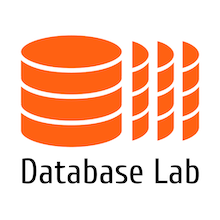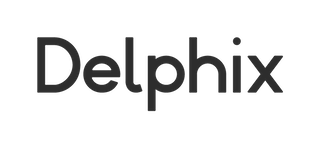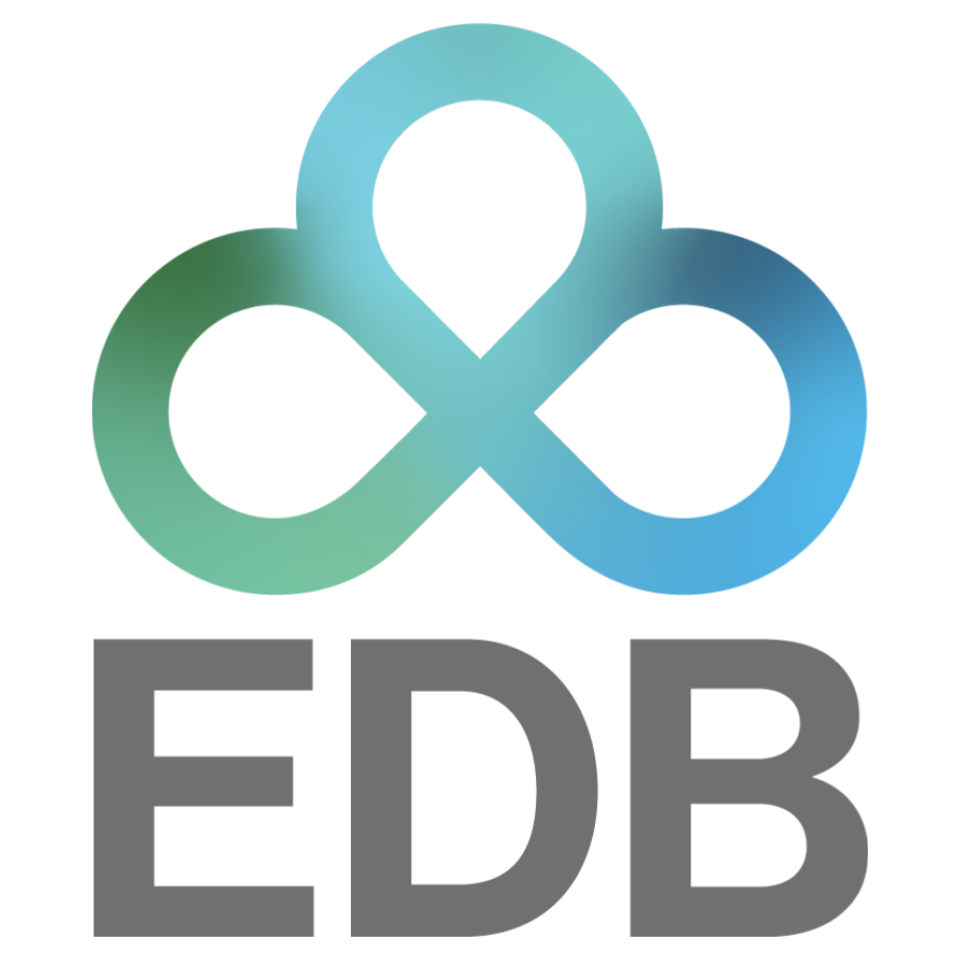
Overview

Product video
DBLab Standard Edition (DBLab SE) delivers blazing-fast database cloning and database branching capabilities, empowering agile teams to create instant, full-size clones of production databases for building robust development, testing, QA, and staging environments. With a self-service UI, team members can quickly spin up virtual test data environments, managed like code, supporting version control and seamless sharing across teams. These environments enable efficient testing of migrations, SQL query optimization, troubleshooting, and deployment of staging applications with production-grade data. Integrated into the CI/CD pipeline, DBLab SE accelerates development, integration, bug resolution, and testing while minimizing storage overhead.
Instant cloning is enabled by ZFS's copy-on-write (CoW) feature and containers, with processes optimized for Postgres-specific requirements.
An example of a small team of 3-5 engineers and a 1 TiB database:
- r7i.2xlarge (8 vCPUs, 64 GiB RAM) and 3 TiB disk space
- total monthly cost $962.77 (compute: $386.32, DBLab SE $330.69, storage $245.76
- serves 3 snapshots, unlimited user snapshots and branches, 50 clones, 5-10 of which are simultaneously used
Highlights
- Eliminate downtime and accelerate development with instant production database clones, providing data availability that aligns with the demands of a fast-paced release cycle. Empower your CI/CD pipeline with powerful testing capabilities, enabling teams to rapidly recreate data states for debugging and problem-solving.
- Optimize SQL queries risk-free on database clones, guided by Joe Bot, your virtual DBA assistant.
- Give every developer their own full-size database clone without the hassle or high costs, thanks to virtual copies that stay synchronized with production environments, minimizing cloud storage and compute expenses.
Details
Introducing multi-product solutions
You can now purchase comprehensive solutions tailored to use cases and industries.

Features and programs
Financing for AWS Marketplace purchases

Pricing
Dimension | Cost/hour |
|---|---|
m7i.12xlarge | $2.177 |
r7i.16xlarge | $3.81 |
m7i.xlarge | $0.181 |
r7i.large | $0.12 |
r7i.8xlarge | $1.91 |
r7i.48xlarge | $11.43 |
m7i.16xlarge | $2.903 |
m7i.48xlarge | $8.709 |
m7i.24xlarge | $4.354 |
m7i.2xlarge | $0.362 |
Vendor refund policy
We do not currently support refunds, but you can cancel at any time.
How can we make this page better?

Legal
Vendor terms and conditions
Content disclaimer
Delivery details
Database Lab Engine (DLE) for PostgreSQL
DLE configuration will be done inside DLE UI, once all AWS resources are already provisioned. For provisioning, you need to:
- Choose AWS region
- Choose EC2 instance type (the more CPU power and RAM you have, the more thin clones can be running with good performance, e.g. m5.2xlarge with its 8 vCPUs / 32 GiB is good to run up to 30 thin clones, but more vCPUs might be needed of more than 5-8 people or CI pipelines are going to work with DLE in parallel)
- Specify the database size (this will define the size of the EBS volume used)
- Optionally, configure SSL
CloudFormation Template (CFT)
AWS CloudFormation templates are JSON or YAML-formatted text files that simplify provisioning and management on AWS. The templates describe the service or application architecture you want to deploy, and AWS CloudFormation uses those templates to provision and configure the required services (such as Amazon EC2 instances or Amazon RDS DB instances). The deployed application and associated resources are called a "stack."
Version release notes
This is release of DBLab SE 4.0.3 for AWS Marketplace. Release notes: https://github.com/postgres-ai/database-lab-engine/releases
Additional details
Usage instructions
To access API and UI, read instructions in the "Outputs" section once deployment is complete.
Resources
Vendor resources
Support
Vendor support
- Asynchronous troubleshooting help (please allow us 24 hours to respond during business days)
- If your production database is on a managed Postgres service (such as RDS) and database size exceeds 2 TiB, please reach out to us: consulting@postgres.ai
AWS infrastructure support
AWS Support is a one-on-one, fast-response support channel that is staffed 24x7x365 with experienced and technical support engineers. The service helps customers of all sizes and technical abilities to successfully utilize the products and features provided by Amazon Web Services.



Standard contract
Customer reviews
Good and useful product
We have been using Database Lab Engine at Boost Sport AI for more than two years and it helped us a lot in dealing with data and the development process.
There are two most common usage scenarios for us:
- Having a fast clone for the data scientist or developer to be able to play with data (including necessary data modification) without having to wait for the long process of database cloning. Using Database Lab we can have a new clone in seconds, without having to wait and not needing to have much storage for each of the clones.
- A developer can have a database he/she can use for his development backend instance without having to make a clone on his machine or elsewhere, and he can quickly update this database instance to match the current production data.